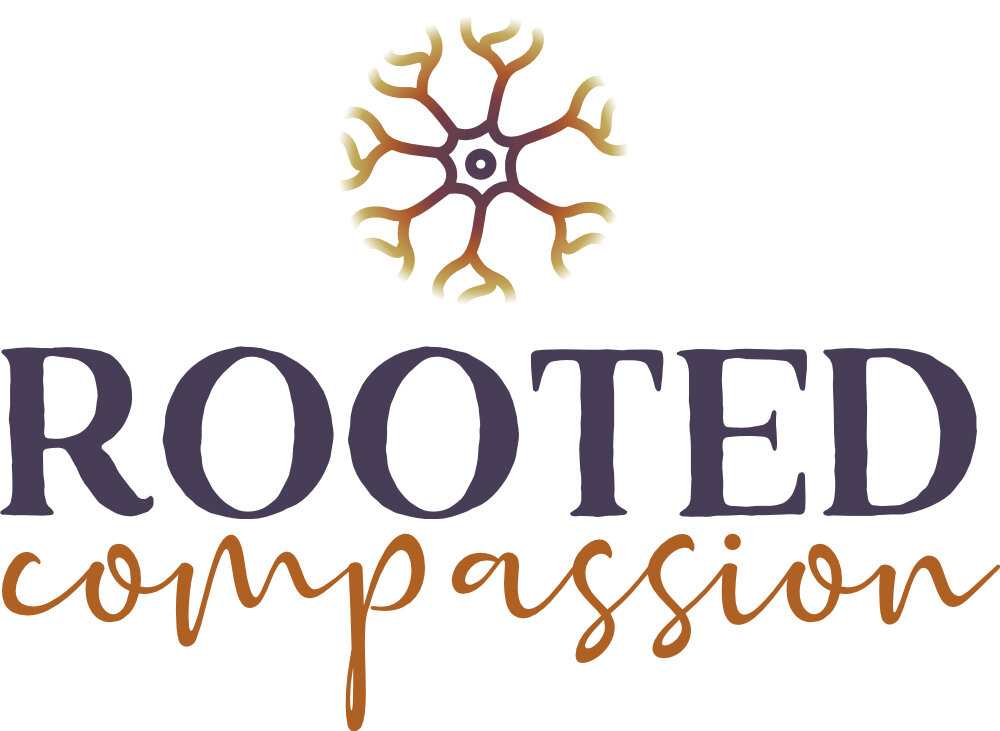Building Self-Compassion
I remember the first time I was introduced to a compassion-based mindfulness practice. One of my favorite teachers led us in a four-part loving kindness meditation.
We began by wishing ourselves loving kindness by internally repeating the following well-wishes–may I be happy; may I be healthy; may I live in peace; may my heart be filled with love and kindness.
I had an immediate visceral reaction as if I had eaten something sour. I couldn’t get the SNL skit of Daily Affirmation with Stewart Smalley where he starts by saying “I’m good enough, I’m smart enough and gosh darn people like me” out of my mind. Next, we moved onto the next stages in the loving kindness practice by sharing these well wishes with others. I noticed that this actually felt meaningful. I could easily think of a close friend and even a person with whom I had a challenging relationship with and internally repeat the same well wishes toward them, but for myself, the practice fell flat.
A few years later, I happened upon an article by meditation teacher Sharon Salzberg titled “Why Loving Kindness Takes Time.” In the article she discusses her own challenges with cultivating self-compassion and how she stuck with the process until something radical began to change in her relationship to herself and the world. She describes how a deepened connection to self-compassion helped her to feel more connected and at home in the world. A common piece of wisdom states, when the student is ready, the teachings will come. I will be forever grateful to the first teacher who introduced me to the loving kindness meditation practice because she planted a seed that would not ripen until a year later, but it was the catalyst I needed to begin my own practice of cultivating self-compassion.
Why is self-compassion so challenging for many of us?
Psychologist Kristen Neff points to the self-esteem movement and while well intentioned, it often cultivates a mindset of comparison. Or in other words, for me to feel good about myself, I need to be better than others.
Being average can feel like an insult, and in our attempts to keep our self-esteem high, we isolate ourselves from the very humanity that helps us feel connected.
She writes “self-esteem refers to the degree to which we evaluate ourselves positively.” In contrast, “self-compassion is not based on positive judgments or evaluations, it is a way of relating to ourselves. People feel self compassion because they are human beings, not because they are special or above average.” In other words, when we have self-compassion we cultivate connections with others. Rather than needing to be “better than” in order to feel good about ourselves, we can connect in the shared humanity of the challenges of everyday life.
Buddhist teacher Pema Chodron writes, “Compassion is not a relationship between the healer and the wounded. It’s a relationship between equals. Only when we know our own darkness well, can we be present to the darkness of others. Compassion becomes real when we realize our shared humanity.”
I keep this quote up on my wall as a reminder of the relationship between my ability to be loving to others is intimately connected to my ability to be loving, gentle and light with myself. For me, it has been helpful to bring a light and joyful spirit to this practice with a whole lot of humor and grace.
So even on the days I am a “hot mess” I am able to say, “but I love you anyway.”
References:
Neff, K. (n.d.) Why Self-compassion is Healthier than Self-Esteem. self-compassion.org. https://self-compassion.org/why-self-compassion-is-healthier-than-self-esteem/
Salzburg, S. (January 9, 2018). Why Loving-kindness Takes Time: Sharon Salzberg, Mindful.org. https://www.mindful.org/loving-kindness-takes-time-sharon-salzberg/
Photo Credit:
The Rooted Compassion team is made up of a group of counselors who have a variety of specialties in order to best serve our clients. We recognize that every person has his/her own personal and unique life experiences and that one modality will not work for every client. Listed below is a summary of our counselors’ specialties at Rooted Compassion:
Emotional Freedom Techniques
Grief Counseling
Somatic Focused Counseling
EMDR
Cognitive Behavioral Therapy
Dialectical Behavior Therapy
Mindfulness-Based Practices
Trauma Responsive Care Techniques
Acceptance and Commitment Therapy
Drama Therapy/Expressive Arts
If you are interested in learning more about what Rooted Compassion is all about, please contact us today, look through our website, or find us on Instagram and Facebook.
Rooted Compassion Counseling is Ohio’s leading practice for trauma therapy through the lens of the nervous system. Our focus is to walk alongside clients as they heal from depression, anxiety, trauma, grief and/or loss. If you or someone you know are seeking to explore and build an inner sense of calm and safety, please contact us today. We would love to help you to find a counselor and counseling techniques that will guide you on your mental health journey to healing.



